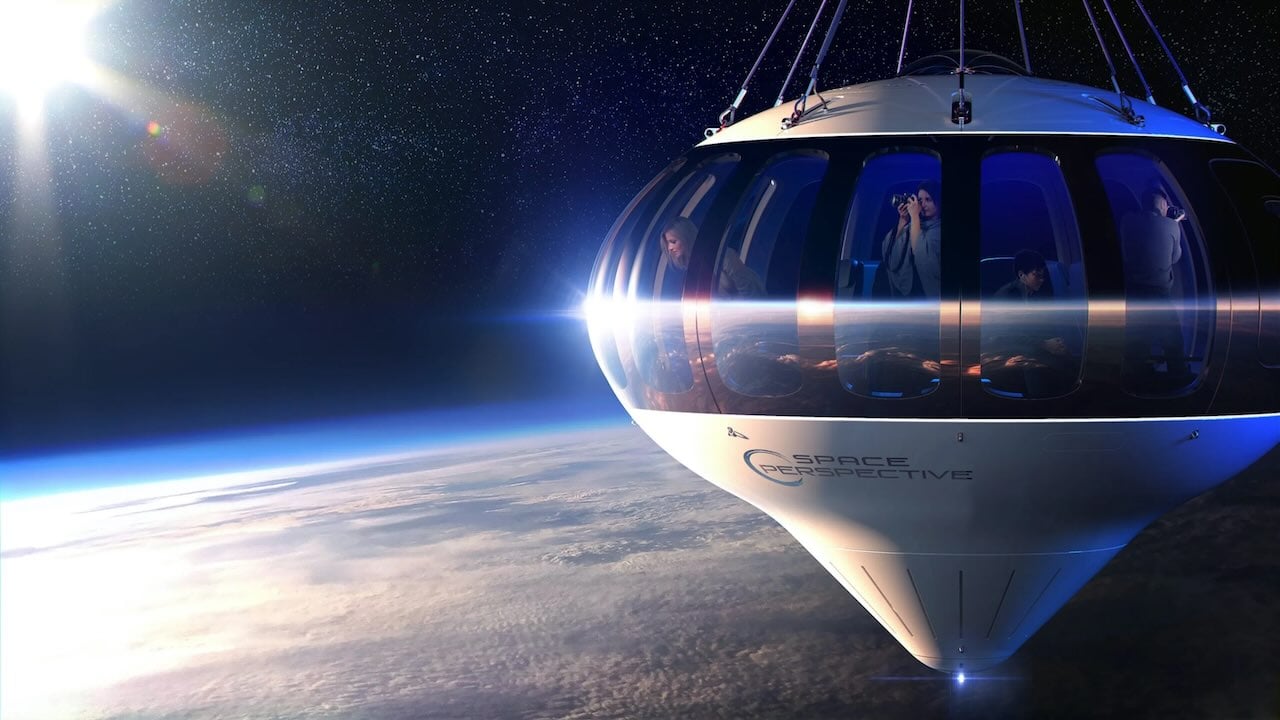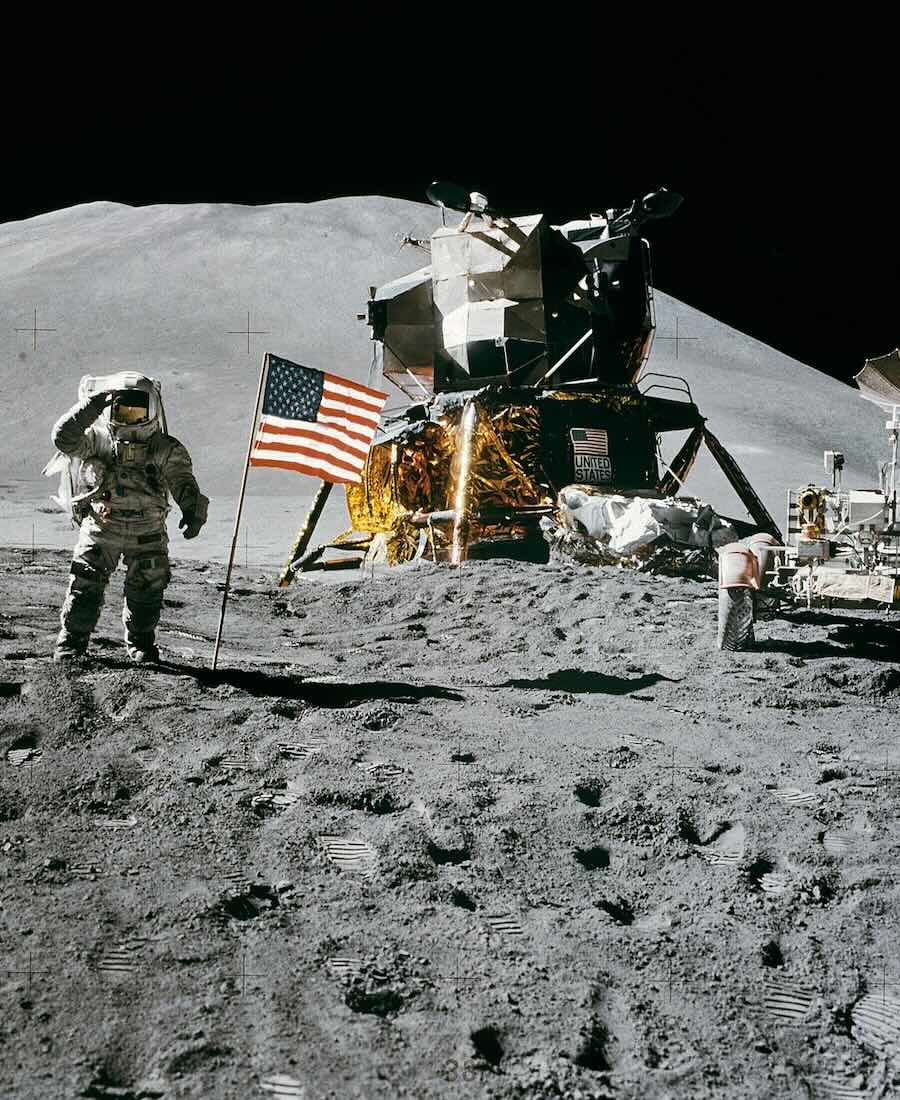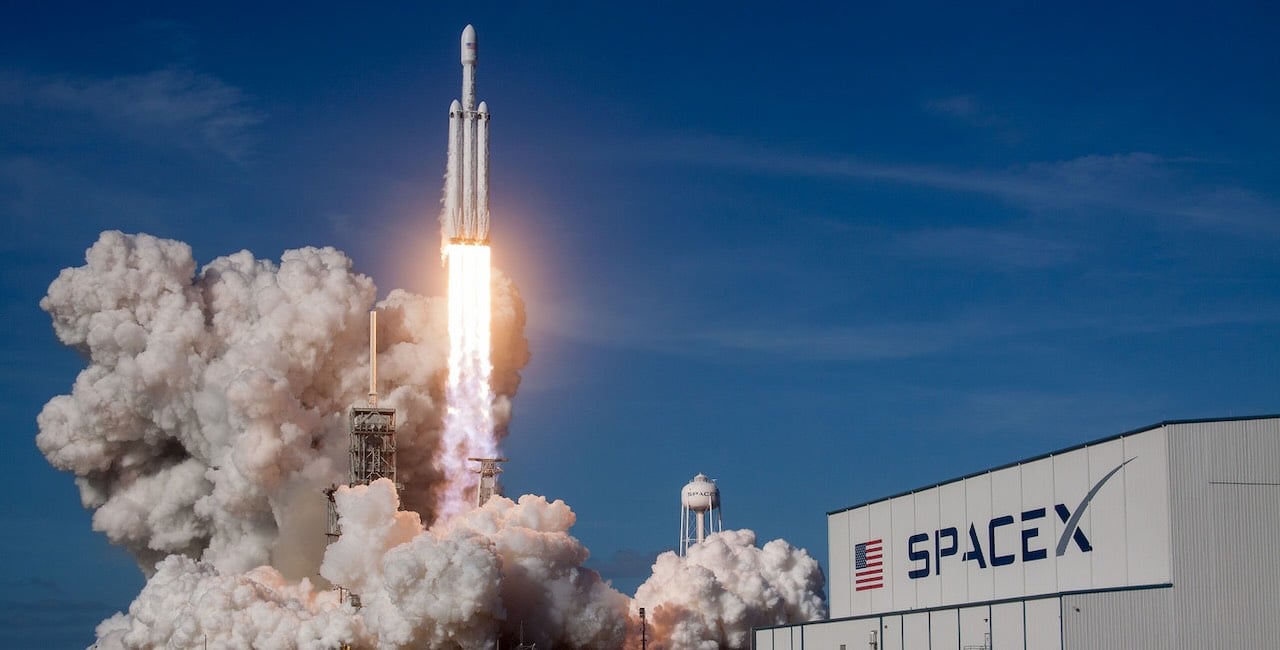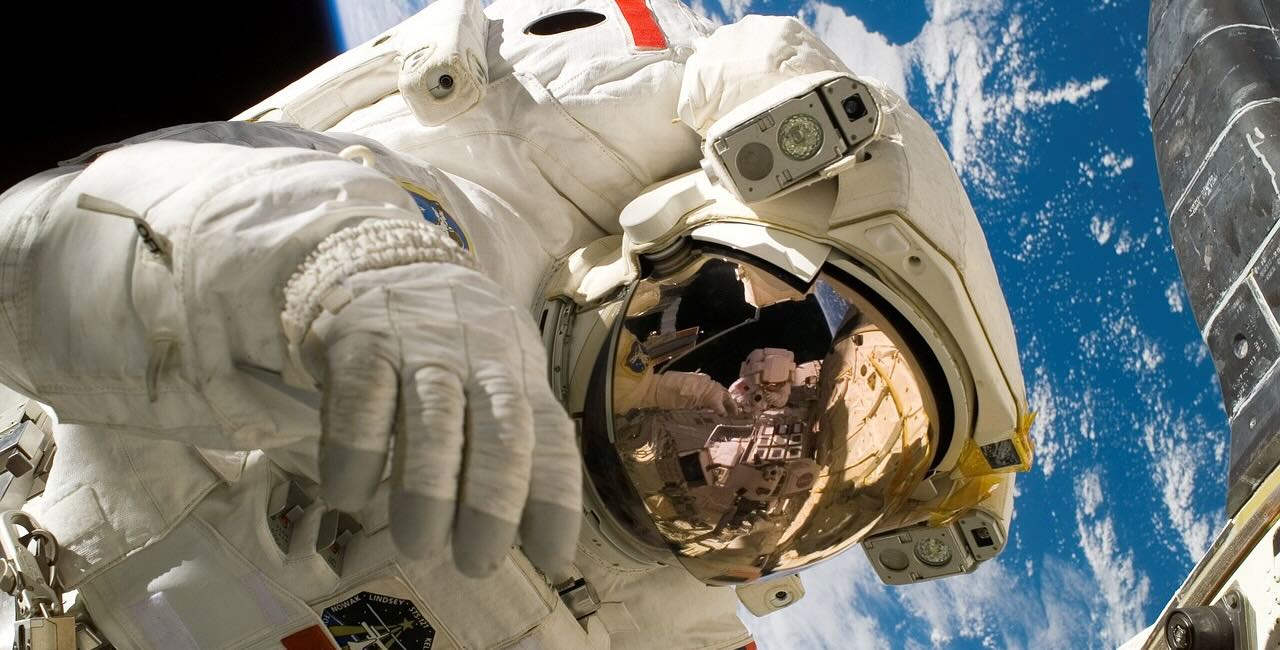Virgin Galactic
Virgin Galactic stands out as one of the most notable players in the field of space tourism, being part of the renowned Virgin group by Richard Branson. This company has captured the public’s attention not only with its promise of space adventures but also with a waiting list that includes celebrities like Brad Pitt and Leonardo DiCaprio. Despite its success, the company has faced challenges, such as operational delays and the incident with its VSS Enterprise spacecraft in 2014. Not only does it have one of the best airlines in the world, but it is also positioned as one of the leading companies on the road to space.
SpaceX
Unlike Virgin Galactic, SpaceX has established itself in the field of rocket launches before venturing into space tourism. Founded by Elon Musk, SpaceX planned to start its tourist expeditions in 2018, although these plans have experienced some delays.
Blue Origin
Founded in 2000 by Jeff Bezos, Blue Origin is preparing to offer space tourism experiences comparable to those of Virgin Galactic, using vertical-launch rockets. The company is finalizing its preparations to start operations, although a start date has not yet been confirmed. The youngest person to ever travel with Blue Origin was Oliver Daemen, ex-student of One Air. Did you know that? In this post, you can find the history of the youngest traveller into space.
Boeing
You surely know Boeing aircraft, but did you know that they have also ventured into space tourism? Through its collaboration in NASA’s Commercial Crew Development program, Boeing has developed the CST-100 Starliner capsule, designed to transport both astronauts and space tourists on future orbital missions.
Orion Span
Orion Span aims to take tourists beyond the Earth’s atmosphere to host them at its private space station, Aurora Space Station. With capacity for six guests, this proposal seeks to make space accessible to a wider audience, according to its CEO, Frank Bunger.







